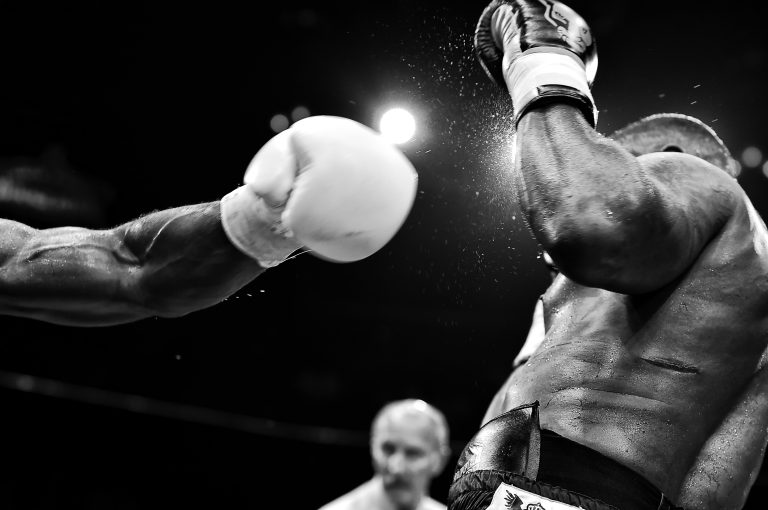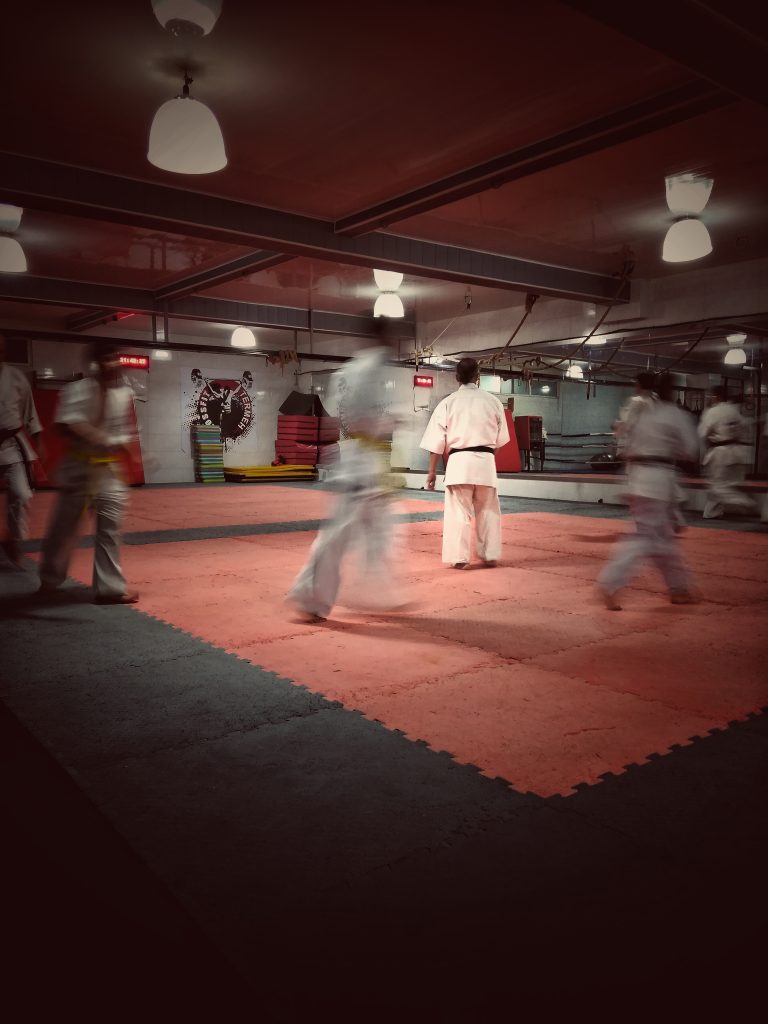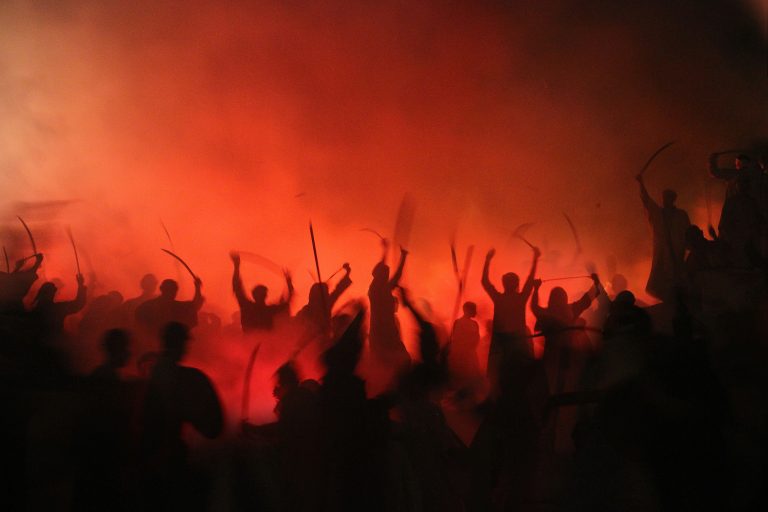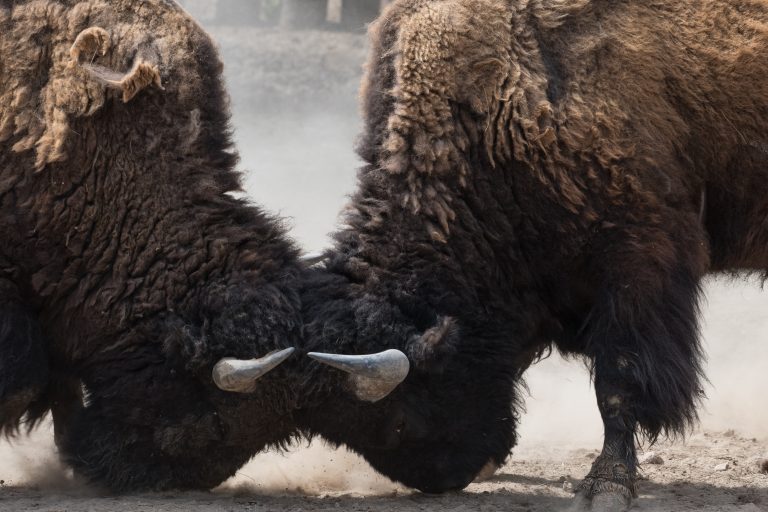How to Say Karate in Chinese: A Comprehensive Guide
Karate is a popular Japanese martial art that involves using your hands and feet for self-defense. Due to its popularity, the word „karate“ has found its way into different languages, including Chinese. If you’re interested in learning how to say karate in Chinese or want to deepen your understanding of Chinese martial arts terminology, then you’re in the right place. In this article, we will cover everything you need to know about how to say karate in Chinese.
What Are the Chinese Characters for Karate?
Before we dive into how to pronounce karate in Chinese, it’s essential to understand its Chinese characters. The characters for karate in Chinese are „空手道,“ which literally means „empty hand path.“
Let’s break down each character’s meaning.
– „空“ means „empty“ or „void.“
– „手“ means „hand.“
– „道“ means „path“ or „way.“
Together, „空手道“ means „the way of the empty hand,“ which reflects the philosophy behind traditional karate training.
How to Pronounce Karate in Chinese?
Now that we know the Chinese characters for karate let’s move on to how to pronounce it in Chinese. Karate is pronounced as „kòng shǒu dào“ in Mandarin, which is the official language of China. The pronunciation is broken down into three parts, where each character is pronounced as follows:
– „空“ is pronounced as „kòng,“ which means „empty“ or „hollow.“
– „手“ is pronounced as „shǒu,“ which means „hand.“
– „道“ is pronounced as „dào,“ which means „way“ or „path.“
When the three parts are combined, it creates the pronunciation „kòng shǒu dào,“ which essentially means „the way of the empty hand.“
Other Chinese Terms Related to Karate
If you’re interested in Chinese martial arts, it’s helpful to learn other related terms. Here are some of the essential Chinese terms related to karate:
– Kung fu (功夫) – This term is often used to describe Chinese martial arts as a whole. In Mandarin, it is pronounced as „gōng fū.“
– Taekwondo (跆拳道) – This is a Korean martial art that emphasizes kicks and punches. In Mandarin, it is pronounced as „tái quán dào.“
– Judo (柔道) – This is a Japanese martial art that emphasizes throws and grappling techniques. In Mandarin, it is pronounced as „róu dào.“
Learning these terms will help you better understand the martial arts culture and the terminology used by enthusiasts worldwide.
Final Thoughts
In conclusion, knowing how to say karate in Chinese is not only useful for martial arts enthusiasts, but it’s also a gateway to learning more about the Chinese language and culture. Remember that karate in Chinese is pronounced as „kòng shǒu dào,“ which means „the way of the empty hand.“ Knowing this term and other related terms is a great starting point if you’re interested in expanding your martial arts knowledge.
We hope that you found this guide informative and helpful. If you have any questions or comments, feel free to leave them below!
Frequently Asked Questions About How to Say Karate in Chinese
As karate is a popular martial art that originated in Okinawa, Japan, it is not surprising that many people are curious about how to say it in the Chinese language, given that China has had a long-standing influence on martial arts as well. This blog post aims to answer some of the most frequently asked questions about how to say karate in Chinese.
1. How do you say karate in Mandarin Chinese?
In Mandarin Chinese, karate is commonly known as „kong shou da“. The word „kong shou“ means „empty hand,“ while „da“ means „fighting“ or „boxing.“ Together, they form the term „kong shou da“, which translates to „empty-handed fighting“.
2. What is the proper pronunciation of „kong shou da“?
The pronunciation of „kong shou da“ is as follows: „Kōng shǒu dà“. The first word „kōng“ is pronounced with a long „o“ sound, the second word „shǒu“ is pronounced with a falling tone, and the third word „dà“ is pronounced with a rising tone.
3. Is „kong shou da“ the only way to say karate in Chinese?
No, there are actually a few different ways to say karate in Chinese, depending on the dialect or region. For example, in Cantonese, karate is known as „fo kuen“, which means „Buddhist fist“. In Taiwanese, it is known as „tang soo do“, which is a Korean term for „way of the China hand“. However, „kong shou da“ is the most common way to say karate in mainland China.
4. What is the history of karate in China?
Karate did not originate in China but in Okinawa, Japan. However, like many other martial arts, it has been influenced by Chinese martial arts over the years. Some of the early pioneers of karate in Japan, such as Funakoshi Gichin, were exposed to Chinese martial arts during the early 1900s and incorporated some of their techniques into their own karate styles.
5. How important is it to know how to say karate in Chinese?
While it is certainly helpful to know how to say karate in the language of the country you are visiting or living in, it is not essential to being a skilled practitioner of the martial art. Karate is a universal language that can be practiced and understood by people all over the world, regardless of the words used to describe it.
6. Are there any famous Chinese martial artists who have practiced karate?
Yes, there are several famous Chinese martial artists who have incorporated karate into their own styles or who have cross-trained in karate. For example, Bruce Lee, who is often regarded as one of the greatest martial artists of all time, was influenced by karate as well as other martial arts like Wing Chun and boxing. Another notable practitioner is Jet Li, who trained in Shito-Ryu karate before becoming a movie star.
In conclusion, while karate is not a Chinese martial art, it has had an impact on the Chinese martial arts world and is commonly practiced in China. Knowing how to say karate in Chinese may be helpful, but it is not essential to being a skilled practitioner of the martial art.
How to Say Karate in Chinese: A Step-by-Step Guide
If you are interested in martial arts, you may be wondering how to say „karate“ in Chinese. Knowing the Chinese translation can come in handy when communicating with Chinese-speaking martial artists or learning about the origins and culture of the sport. In this guide, we will explain how to say „karate“ in Chinese and provide some background information about the word.
Step 1: Understand the Chinese Writing System
Before we dive into the actual translation of the word „karate“ in Chinese, it’s important to understand how the Chinese writing system works. Chinese characters, also known as Hanzi, are ideograms that represent words or concepts. Each character has an individual pronunciation and meaning.
There are two main ways to represent Chinese characters in writing: Simplified Chinese and Traditional Chinese. Simplified Chinese is used in Mainland China, while Traditional Chinese is used in Hong Kong, Taiwan, and some other regions. In this guide, we will focus on Simplified Chinese characters.
Step 2: Learn the Chinese Word for „Karate“
The Chinese word for „karate“ is „空手道“ (kōng shǒu dào). This is a direct translation of the Japanese word „karate“, which means „empty hand“ in English.
Each Chinese character in „空手道“ has its own meaning. „空“ (kōng) means „empty“ or „void“, „手“ (shǒu) means „hand“, and „道“ (dào) means „way“ or „path“. Together, they form the word „kōng shǒu dào“, which refers to the martial art of karate.
Step 3: Practice Saying the Word
Now that you know the Chinese word for „karate“, it’s time to practice saying it. Remember that Chinese pronunciation is different from English pronunciation. Here’s a breakdown of the pronunciation of each character in „空手道“:
– „空“ (kōng) is pronounced like „kohng“
– „手“ (shǒu) is pronounced like „show“
– „道“ (dào) is pronounced like „daow“
Put all three together and say „kōng shǒu dào“. Congratulations, you just said „karate“ in Chinese!
Step 4: Learn More About Karate in Chinese Culture
Karate has a rich history and cultural significance in both Japan and China. Learning about the origins and development of karate can give you a deeper appreciation for the sport.
In traditional Chinese martial arts, there are many styles that use similar techniques to karate, such as Shaolin Kung Fu and Taichi. These styles have their own unique characteristics and cultural importance.
If you are interested in learning more about karate and other martial arts in Chinese culture, consider studying the Chinese language and exploring Chinese literature and media.
Conclusion
In this guide, we provided a step-by-step explanation of how to say „karate“ in Chinese. Remember that Chinese characters have individual pronunciations and meanings, and understanding the writing system is key to learning new words. We also provided some background information about karate in Chinese culture, which can deepen your understanding and appreciation for the sport. With proper pronunciation and a deeper appreciation for the culture, you can effectively communicate and pay homage to the sport of karate in Chinese-speaking communities.
Inhaltsverzeichnis






